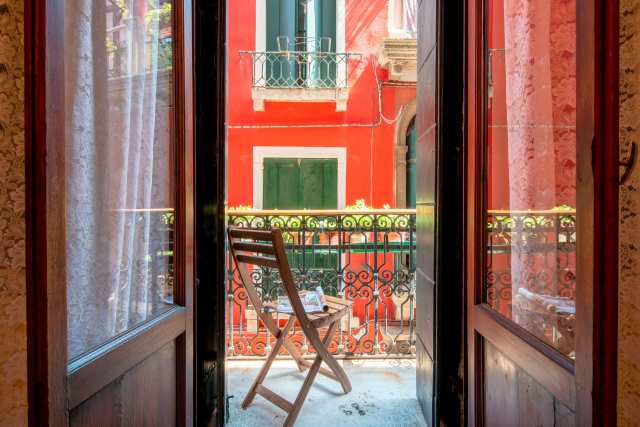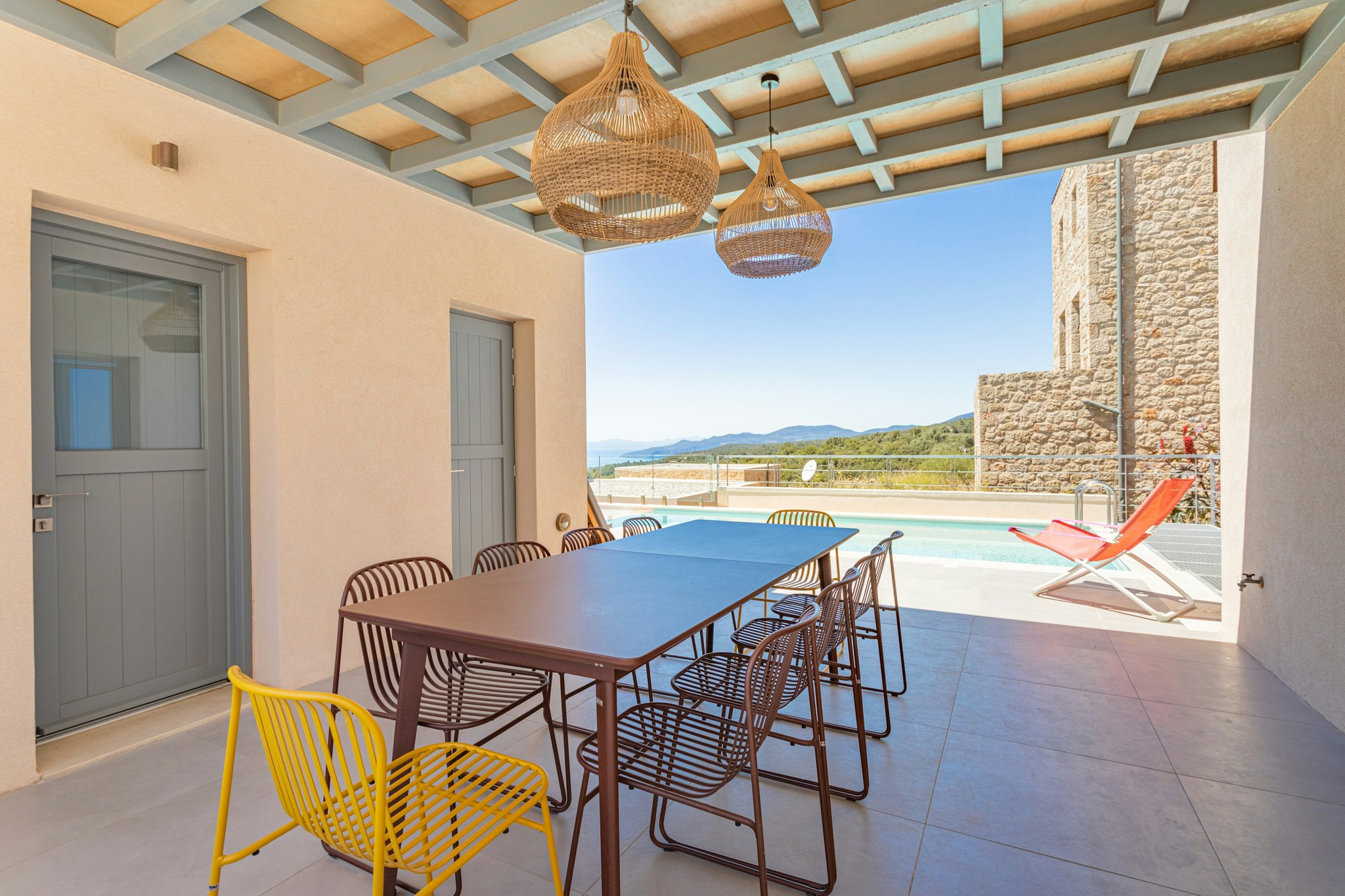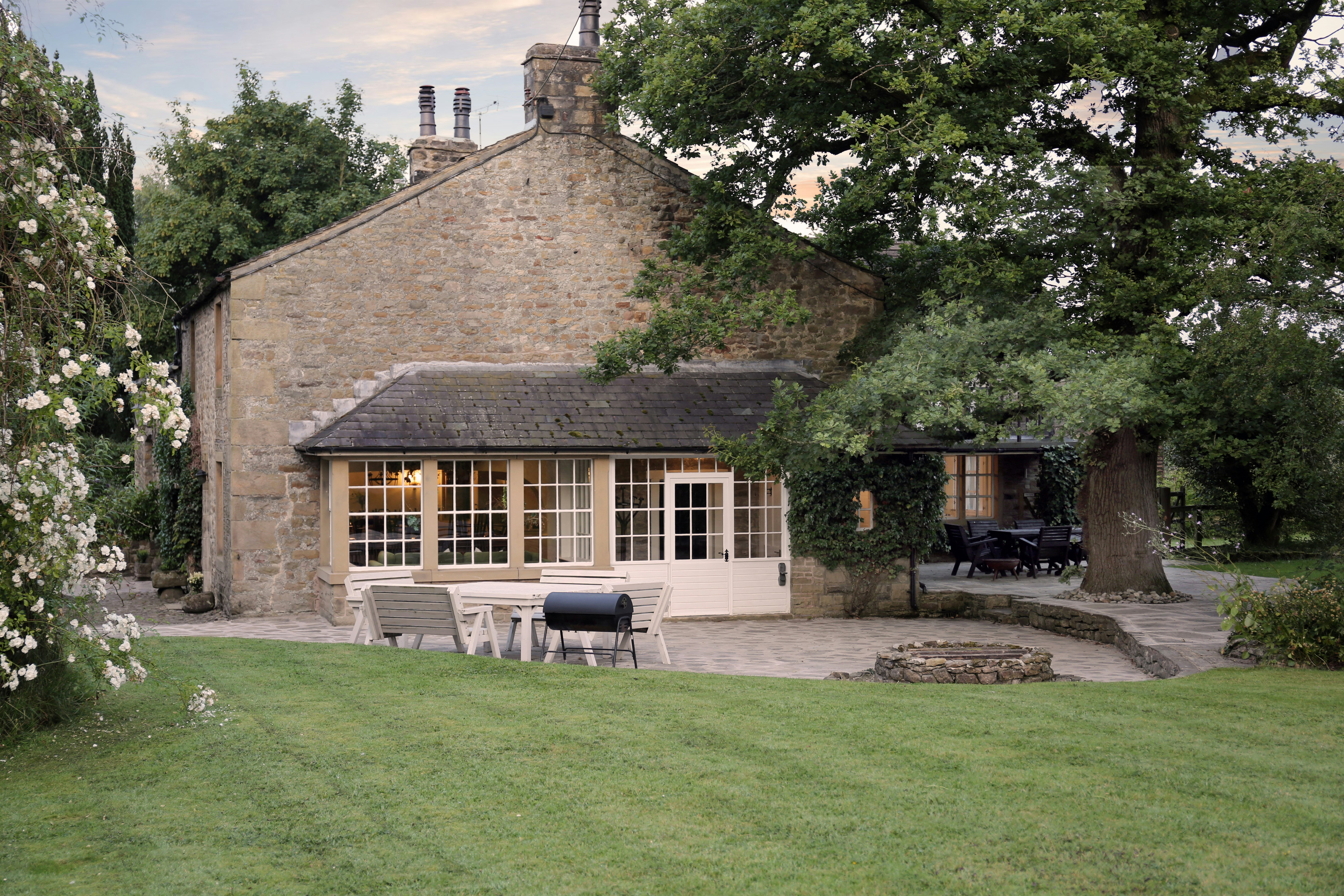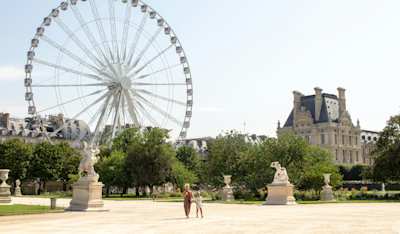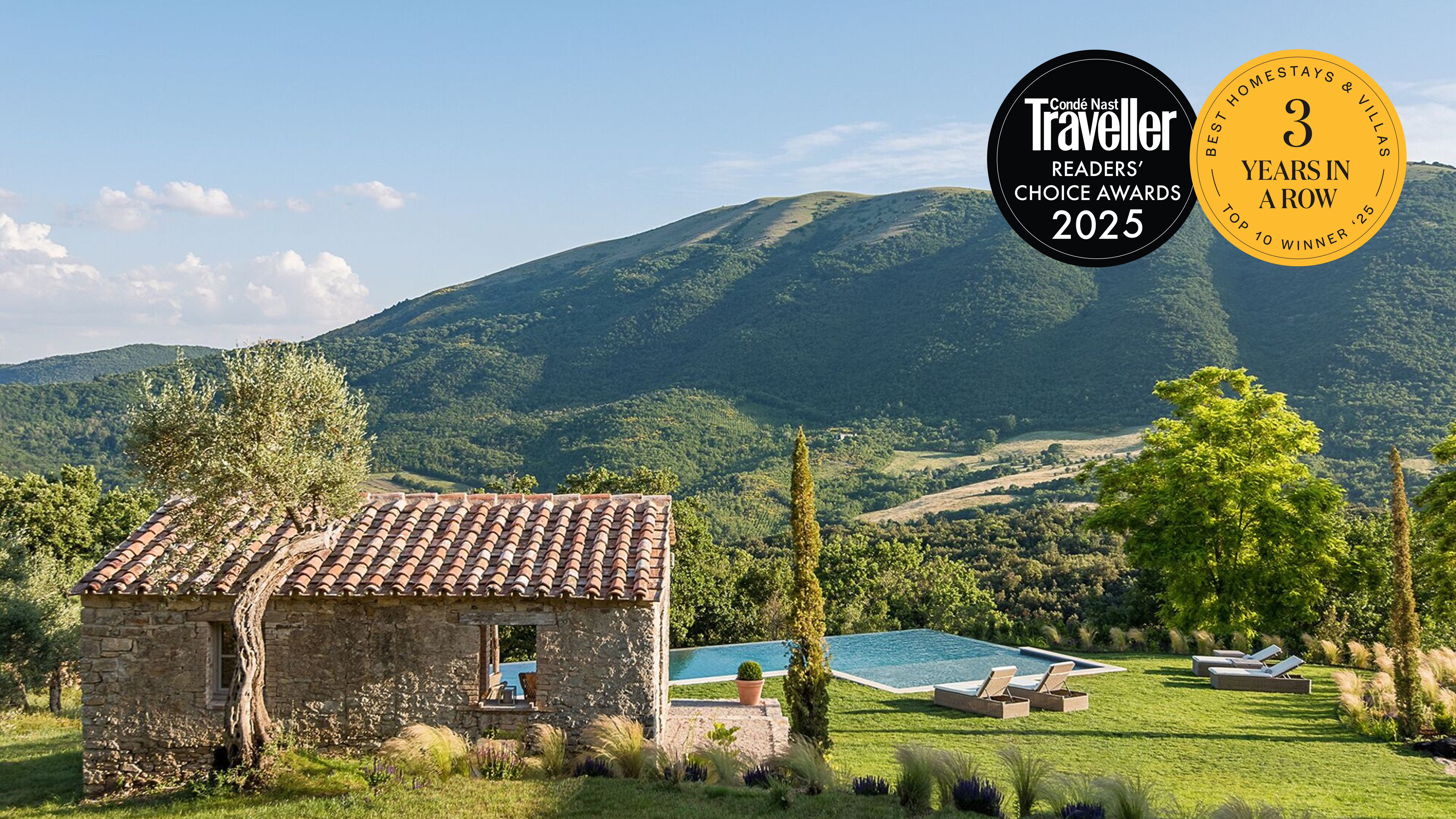How to Be a Responsible Traveller: 10 Simple Steps
It’s time to rethink the way we travel
~
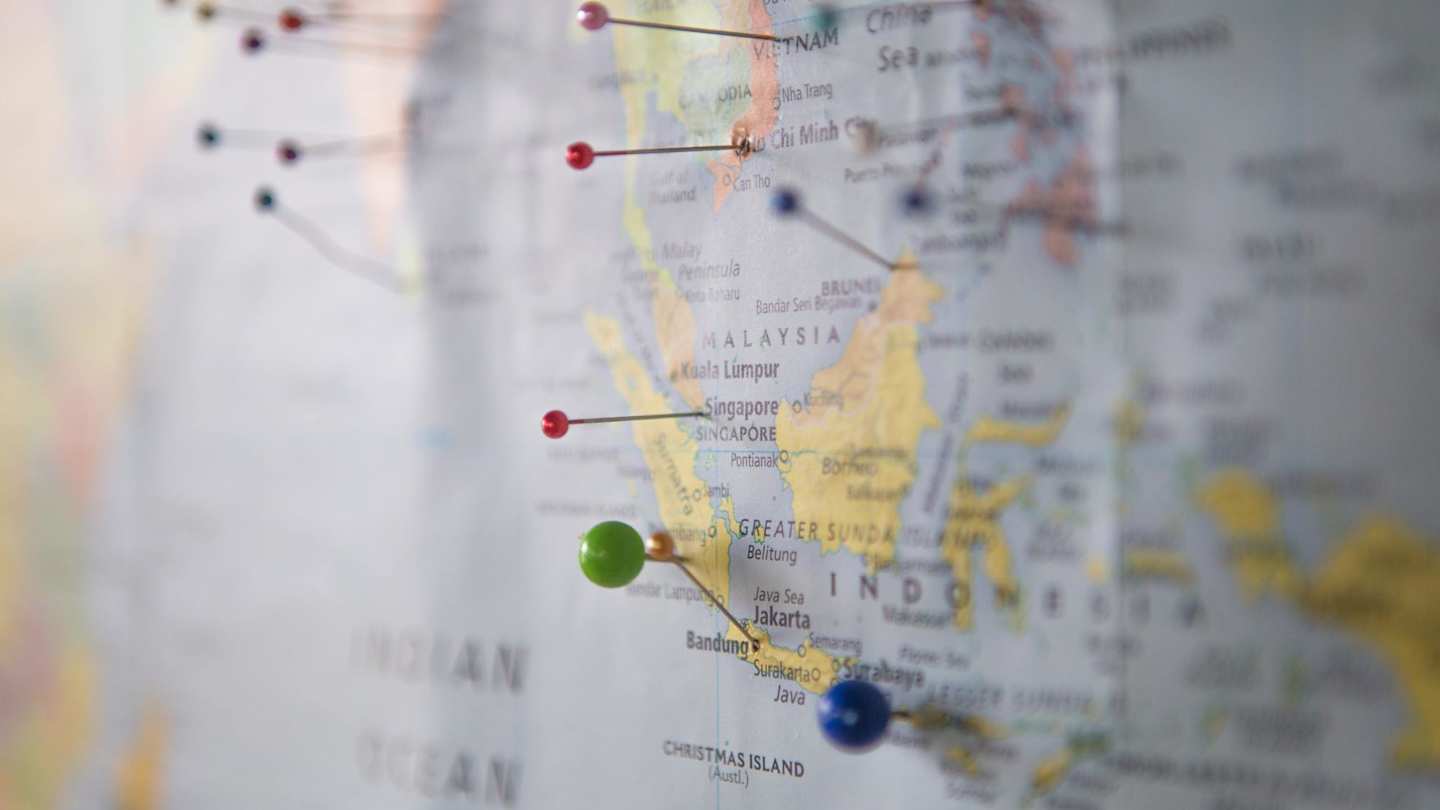
Throughout the 2010s, travel became increasingly convenient, and significantly more accessible. Before Covid-19 struck, we were in something of a ‘golden era’. Naturally, with lower prices, more options, and greater connectivity, the number of people travelling around the world increased drastically. It’s only in recent years that we've begun to think about how we travel (the onset of the pandemic certainly attributed to this, too). While tourism has its positives, such as job creation and the kickstarting of better infrastructure and facilities within a country, it also has many negative implications - think pollution, over-tourism, unbalanced economies and, not least of all, the overall strain on our planet that has contributed to climate change.
This doesn’t mean we should stop travelling altogether though, you'll be pleased to hear. There’s a better way to travel, and it simply involves taking some responsibility. But what is responsible travel and tourism? As travellers, it’s important to understand our role and the impact we have in behaving more responsibly when travelling. By being more aware of potential issues, we can reduce the negative social, economic, and environmental effects of our personal tourism. Responsible tourism also includes making conscious choices that support the local communities and culture through mindfulness of thoughts, words, and actions.
Here at Plum Guide, we’re big advocates of responsible tourism and having a positive impact wherever we go. So if you have a trip coming up and are wondering how to do your bit, take a look at these ten simple steps that you can take in order to make a positive difference. Here are our tips on how to be a responsible traveller.
Travel in the off-season
Stay for longer
Eat, drink, and shop locally
Be mindful of what you buy
Don’t litter
Avoid animal exploitation
Visit less popular areas
Minimise your use of transport
Respect cultural norms
Learn the basics of the language
1. Travel in the off-season
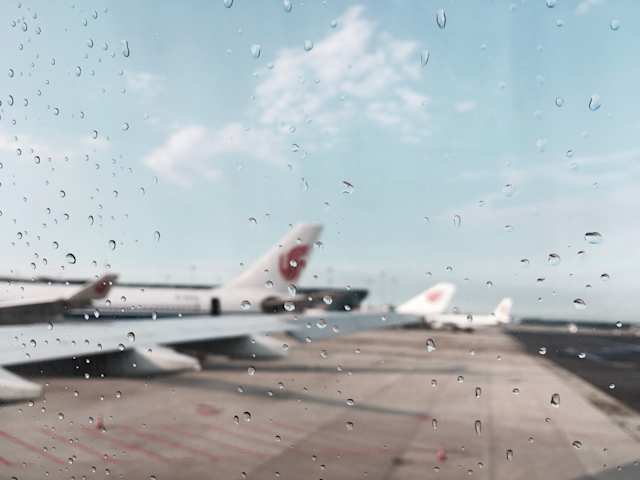
A close up view of raindrops on an aeroplane window at an airport
One of the best ways to be a responsible traveller is to travel during the off-peak season. Many tourist cities, such as Venice, really feel the impact of over-tourism during the high season, with pollution, heavy traffic, and strain on infrastructure just some of the problems that local residents face. The same goes for remote natural areas, where large crowds create stress on the environment that plants and wildlife call home. By travelling during the off-peak season, this spreads out the impact of tourism, and also brings in more money to local economies at times when they need it the most. Travelling during the quieter months is better for your wallet too, as you’ll find that flights and accommodation cost less.
2. Stay for longer
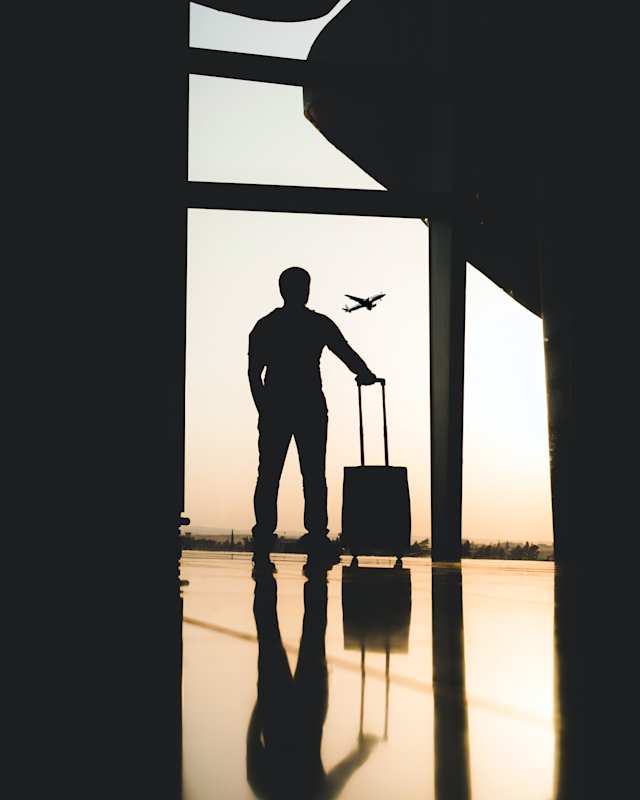
A person with a suitcase at the airport
Staying in the same place for a longer period of time means that you’ll get to really experience the culture, make deeper connections with people, and have more opportunities to explore the hidden gems. Many places experience high day-tourism, where people only visit the place for a day, spend little, and then leave. Staying in one place for longer helps support local businesses, and ensures you’ll be reducing your carbon footprint because you’re travelling a little less frequently.
3. Eat, drink, and shop locally
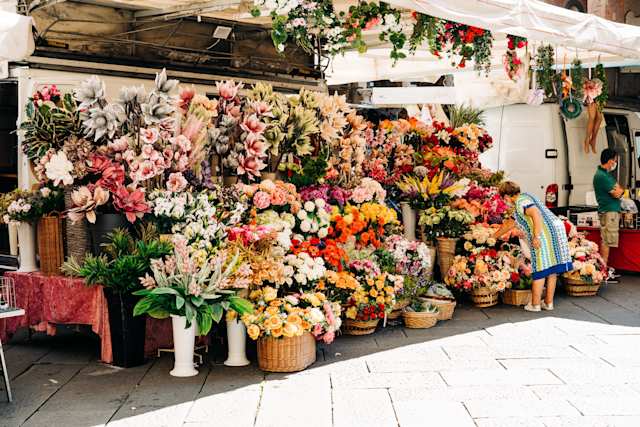
A florist arranging flowers at a large flower stall, Italy
What is responsible tourism without supporting the local economy? By supporting local businesses, especially small and family-run ones, you’re helping put food on the table and supporting jobs within the community. In contrast, spending money at international chains (such as Starbucks or McDonald’s) means that only a small percentage of your money is going to the local economy, with most profits going higher up the chain and most likely offshore. A few ways you can support local businesses is to try authentic food from local restaurants, shop at farmers’ markets, buy souvenirs from local makers, hire a local tour guide if you need one, and always tip appropriately. You’ll enjoy a much richer, authentic experience this way.
4. Be mindful of what you buy

Money on a white marble table
Money from tourism is an integral source of income for many local communities and economies. However, it’s also important to spend your money in the right places. Don’t purchase products made from animal skin, teeth, bones, and shell - the likes of crocodile skin goods, bushmeat, and tortoiseshell. Similarly, avoid taking ‘natural souvenirs’ such as coral or shells from beaches, as this can damage ecosystems and harm organisms that rely on shells for their survival. This also applies to taking home pieces of historical sites such as the Berlin Wall or the Great Wall of China. As tempting as it may be, it’s a huge no-no. Respect the environments you’re in and leave them as you find them.
5. Don’t litter
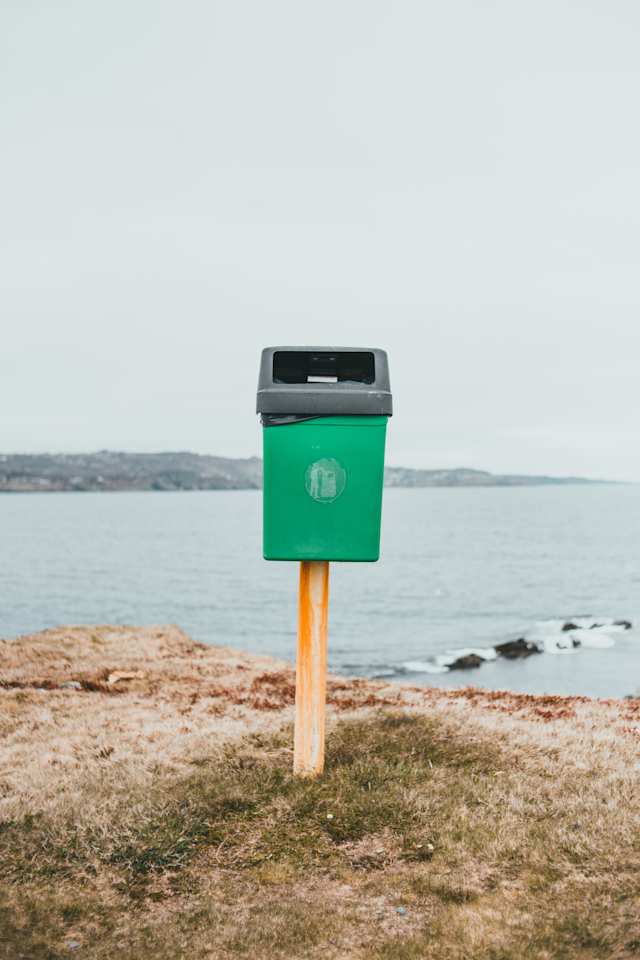
A small green bin on a wooden pole on a cliff overlooking a large body of water
This may sound like an obvious guideline of how to be responsible, but you’d be surprised at how many tourists overlook this, sadly. Not all countries have a sophisticated infrastructure in place to deal with rubbish, and peak tourist season brings a range of problems - waste being one of them. A trip to one of the most beautiful places in the world can be tarnished with unavoidable views of litter, which is what can happen if we don’t respect the location when we visit. This is why it’s so important to dispose of your waste responsibly, and hold on to it until you find somewhere appropriate to throw it out.
It’s also best practise to limit your use of single-use plastic bags, bottles, and straws. Instead, take a reusable shopping bag, metal straw, and reusable water bottle which you can refill as you go. You can also bring water purifying tablets, or a portable water filter device. Not only does this reduce your own personal waste, but it can have a knock-on effect of encouraging local business owners to reduce their use of plastic products. Look at you, starting a movement.
6. Avoid animal exploitation

A group of dogs sitting with their leads on before a walk
Getting up close and personal with animals that you’d normally never see is always an amazing experience. However, a major part of being responsible in your travel is being mindful of the way you set out to see these animals. Avoid tours which let you ride, manhandle, or cuddle the animals, as oftentimes these animals are drugged to be docile. Feeding wildlife can also be harmful, as you’re interfering with their natural diet and subsequently teaching them to be dependent on humans.
For example, there are certain places in the world where you can swim with wild whale sharks, but reports have indicated that guides and boat staff are throwing so much food into the water in order to attract the whale sharks to a certain location, that it’s altering their feeding patterns. So, with that being said, a responsible way of experiencing wildlife is to observe them from a distance in their natural habitat. Take some time to really do your research and seek out genuine wildlife reserves, where knowledgeable caring staff, as well as natural parks where the animals are well-fed and have unrestricted access to shelter, food, and clean water.
7. Visit less popular areas
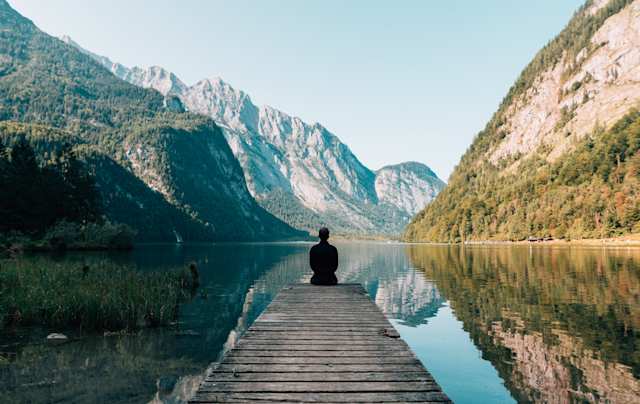
A man sitting alone on a pier in front of a lake and mountains
A large reason over-tourism occurs is because everyone wants to see the same sights. In world-class cities such as Paris or Rome, stand-out attractions like the Eiffel Tower or the Colosseum receive up to seven million visitors per year. But if you’re wondering how to be a responsible traveller, turn your attention to some of the lesser known attractions in your destination. If you’re not too fussed about the touristy sights, why not stray away from the big crowds and seek out some hidden gems? Wherever you go, there’s bound to be underrated places which would gladly appreciate new visitors. Nobody wants to spend their holiday standing in a queue for four hours anyway, do they?
8. Minimise your use of transport
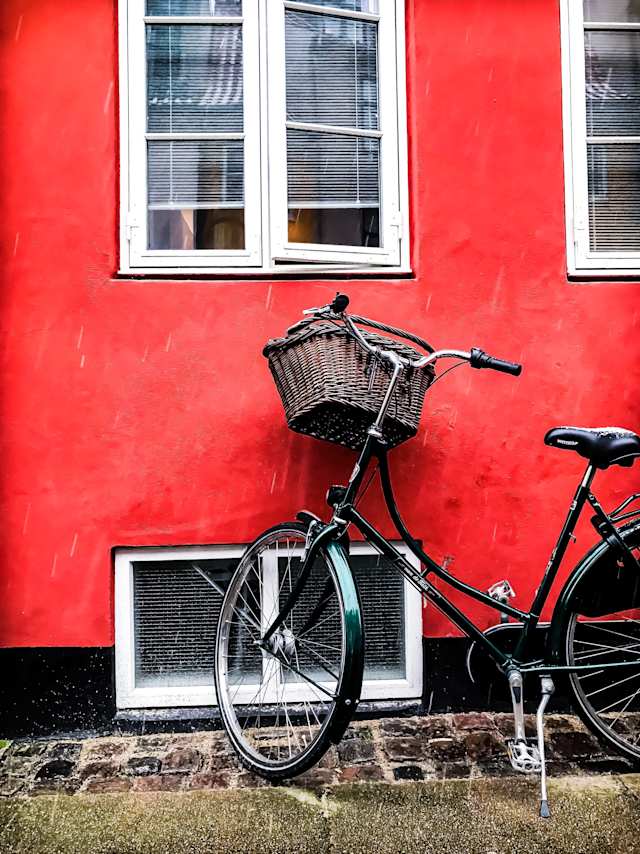
A bike standing outside a red house in Copenhagen, Denmark
According to a study by the World Tourism Organisation, transport-related emissions of the tourism sector make up 22% of the world's emissions. This is a big reason why it's so crucial to be responsible when travelling and reduce your carbon footprint. Whenever possible, explore places on foot or by public transport. Some cities, such as Copenhagen, are so bike-friendly that it’s almost a rite of passage to sightsee by bicycle - just remember to read up your destination’s cycling rules and etiquettes first. Not only will you be helping the environment, but your wallet will thank you too.
9. Respect cultural norms
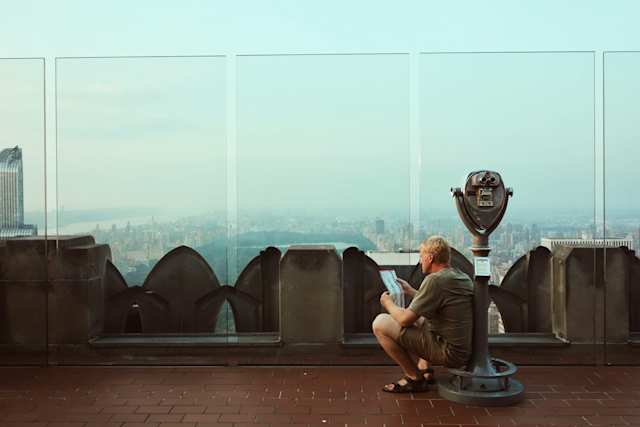
A man siting down by a telescope on a skyscraper in New York
Before you travel somewhere new, make sure you research the customs and cultural norms of that country. Nothing screams ‘tourist’ more than behaving or acting the wrong way, whether intentional or not. Being a responsible tourist and knowing the do’s and don’ts of the place you’re visiting can go a long way to improving your own experience, as well as being less of a burden on anyone else. Some places have rules about showing the soles of your feet, or about interacting with the opposite sex. Alternatively, how you dress at home may differ greatly to how you should dress in your destination country. Not only will knowing these nuances help you avoid awkward situations (people have even ended up in jail), but you’ll also have a better chance of making new friends and initiating genuine and respectful connections with locals.
10. Learn the basics of the language
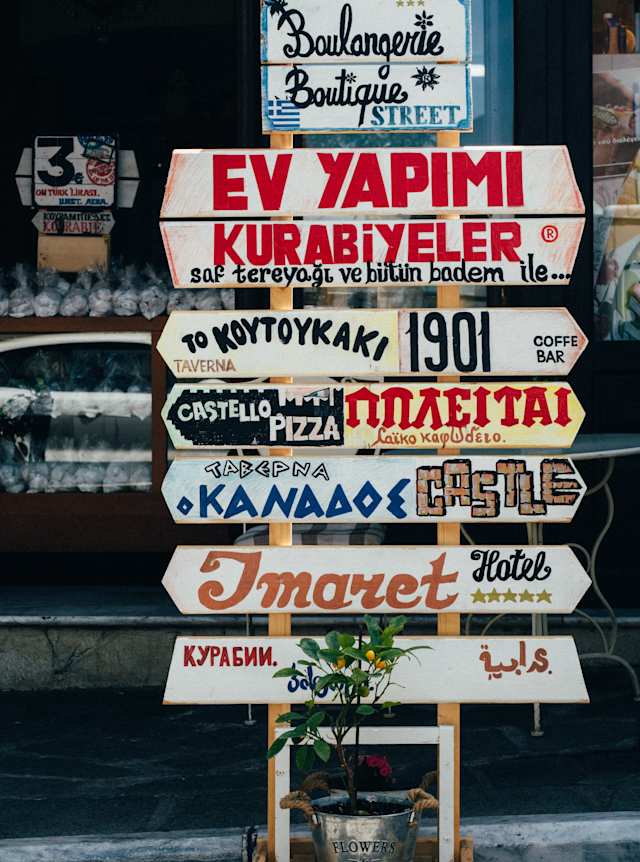
A signpost with words in different languages, Greece
As English language speakers, we tend to be a little lazy - we just presume that someone, somewhere, will always be able to communicate with us, right? If you’re travelling somewhere where English isn’t the primary language, it’s always a good idea to be a gracious guest, learning a few essential words and local phrases. Language and culture are closely intertwined, and knowing a bit of the local language will help you form connections with locals, better immersing yourself in the culture, especially somewhere like Barcelona. You’ll also have an easier time travelling if you’re able to read directions and other signs. It doesn’t matter if your accent and grammar isn’t perfect - a little effort goes a long way in making a good first impression, and locals will really appreciate it.
